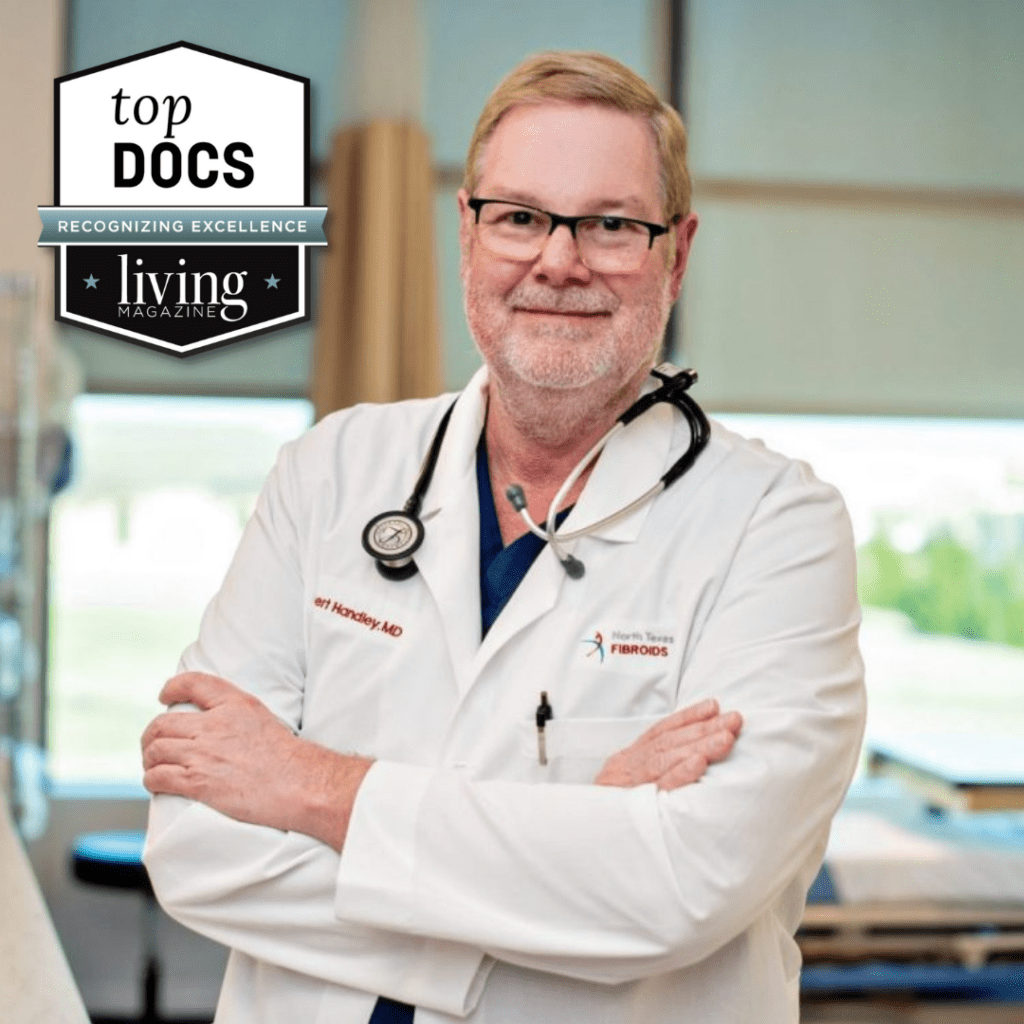Many people have the mistaken idea that vein disease is something that affects only the elderly. That is partly because most of the people they see on the street with visible varicose veins are older. And while it is true that age is a factor (50% of women over 65 have varicose veins, while only 5% of women under 24 have them), vein disease is more common in young people than you might think. Patients as young as 11 years old have visible varicose veins, and many younger people have diseases like chronic venous insufficiency (CVI) or deep vein thrombosis (DVT) without knowing it, because these conditions do not necessarily produce visible symptoms.
What do Texas residents need to know about their risk of vein disease
There are many risk factors that increase your likelihood of developing vein disease, at any age. The most critical of these factors – and one that, like your age, you can’t do much about – is genetics. If your parents, grandparents, or siblings had varicose veins or other forms of vein disease, you are much more likely to develop these conditions yourself. Having a genetic disposition to venous disorders can, in fact, cause them to appear earlier in life than they would in other people.
Another significant risk factor for vein disease at any age is being overweight or obese, especially if your “extra pounds” were triggered by the hormonal changes of pregnancy. This is even more true if your weight has tempted you to develop patterns of inactivity, or if you have a profession that requires you to sit most of the day. Smoking drastically increases your risk of vein disease at any age, and for women simple actions you never give a second thought to like wearing high heels or crossing your legs can increase your vein disease risk.
If I’m at high risk of developing vein disease, what can I do about it?
As noted before, there is not a lot you can do about your age or your genetic background, but there are many things you can do to lower other vein disease risk factors. Losing weight, smoking cessation, and exercise can reduce your personal risk tremendously. If you’re already starting to see signs of vein disease like swollen legs and ankles or finding yourself saying “My legs hurt” too often, you can often help to relieve these symptoms and improve your circulation by wearing support stockings.
The most important thing you can do to prevent vein disease from developing is to get a venous health screening, to find out for sure what your risks for the conditions are. These screenings take only about an hour, and thanks to the wonders of ultrasound technology are non-invasive and completely painless. But they’ll enable your Flower Mound vascular doctor to determine the exact state of your vein health. If vein disease has begun to appear – at any age – steps can then be taken to manage or eliminate it. Varicose veins can be removed using minimally-invasive procedures in about an hour, and similar procedures can be used to eliminate blood clots caused by the much more dangerous vein disease DVT.
So whether you are 35 or 65, it’s worth an hour of your time to have a screening to determine the actual state of your vein health. All it takes is a phone call to Dr. Robert A. Handley at 972-410-5757 to set up an appointment. Then you can take advantage of his many years of experience in providing vein disease treatment in Texas to help you. The bottom line with regard to age is that whether you are young or old, vein disease will make you feel old. Make the call and keep that from happening
